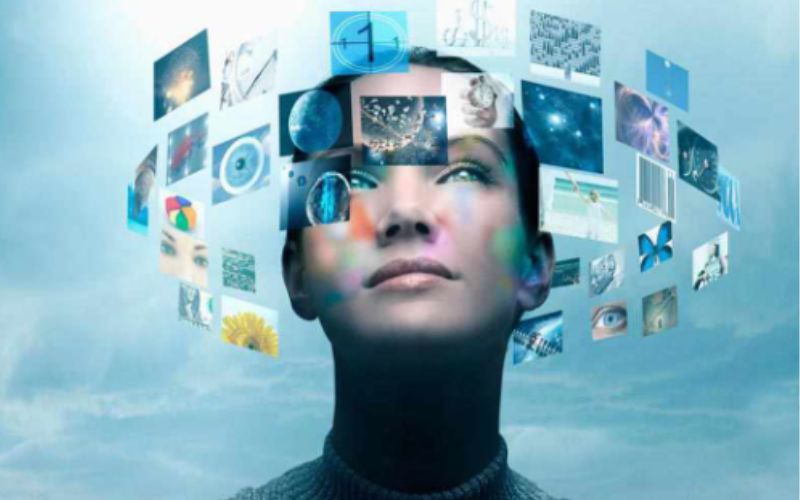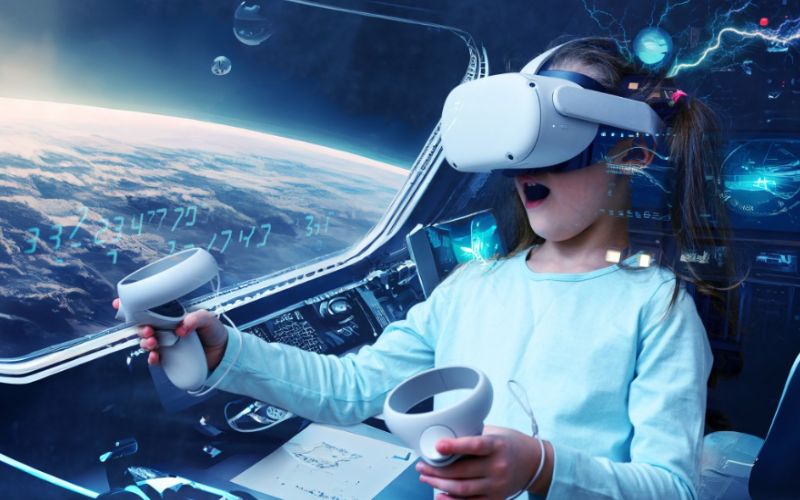Entertainment has always been an essential part of human culture. From ancient civilizations gathering around campfires to share stories to today’s cutting-edge virtual reality experiences, our pursuit of fun and amusement has constantly evolved. The driving force behind this evolution? Technology.
In the past, entertainment was often limited by physical boundaries and the technology of the time. People relied on live performances, books, and physical games to satisfy their craving for amusement. But in the 21st century, technology has transformed the way we have fun, ushering in an era of boundless possibilities.
Video Games: The Interactive Revolution
One of the most significant leaps in entertainment technology has been the rise of video games. What began as pixelated adventures on arcade machines has blossomed into immersive, cinematic experiences. The evolution of video game consoles and personal computers has brought the world of interactive entertainment to new heights.
Modern video games offer not only stunning graphics but also intricate storytelling, lifelike physics, and online multiplayer capabilities. With the advent of virtual reality (VR), players can now step into fantastical worlds and experience games in an entirely new dimension. The line between reality and fiction blurs as technology enables us to escape into virtual realms.
Streaming Services: On-Demand Entertainment
Television and film have also undergone a technological makeover. Streaming services like Netflix, Amazon Prime, and Disney+ have revolutionized how we consume content. No longer bound by rigid broadcast schedules, viewers can watch their favorite shows and movies whenever and wherever they please.
Moreover, these platforms have given rise to original content creation. Streaming services are producing high-quality series and films that rival traditional Hollywood productions. With the power to binge-watch an entire season in one sitting, technology has fundamentally changed the way we engage with narratives and characters.
Augmented and Virtual Reality: The Future Playground
The entertainment industry is on the cusp of an even more significant transformation with augmented reality (AR) and virtual reality (VR). AR overlays digital elements in the real world, while VR immerses users in entirely computer-generated environments. Both technologies promise to take fun and entertainment to a whole new level.
Imagine attending a concert by your favorite artist in the comfort of your living room through a VR headset. Or exploring ancient civilizations in a history lesson through an AR app that brings textbooks to life. These are just a glimpse of the endless possibilities that AR and VR bring to the table.

Social Media and User-Generated Content
The rise of social media platforms like Instagram, TikTok, and YouTube has empowered individuals to become creators of entertainment themselves. Anyone with a smartphone can produce videos, share their talents, and gain a global audience. The concept of user-generated content has democratized the entertainment industry, breaking down barriers to entry.
These platforms have also reshaped the way we interact with celebrities and public figures. Fans can now connect directly with their idols through live streams and engage in real-time conversations. This interactivity blurs the line between celebrity and fan, creating a more personal and engaging form of entertainment.
Artificial Intelligence: Personalized Experiences
Artificial intelligence (AI) is another technology shaping the future of entertainment. Streaming services and social media platforms use AI algorithms to recommend content tailored to individual preferences. This personalization ensures that users are continually discovering new shows, music, and creators that align with their tastes.
In the world of gaming, AI-driven characters and NPCs (non-player characters) are becoming more sophisticated, providing players with more realistic and challenging experiences. AI is also used to enhance the graphics and physics in games, making virtual worlds feel more lifelike than ever before.
The Challenges of Technology in Entertainment
While technology has opened up a world of possibilities for entertainment, it also presents challenges. Concerns about data privacy, screen addiction, and the impact on real-world social interactions are valid. Striking a balance between technology-driven entertainment and maintaining a healthy, well-rounded life is a task we all must grapple with.
The Future of Fun
As technology continues to advance, the future of fun is limited only by our imagination. Entertainment will become more immersive, interactive, and personalized. We can look forward to experiencing stories in ways we’ve never imagined, whether it’s through the lens of AR glasses, the world of virtual reality, or the recommendations of AI algorithms.
In conclusion, the evolution of entertainment through technology has transformed how we have fun and experience the world around us. From video games and streaming services to augmented and virtual reality, technology has reshaped the landscape of entertainment, offering us new ways to engage with stories, music, and art. While challenges exist, the future of fun is undoubtedly exciting and filled with limitless possibilities. Embracing these technological advances allows us to embark on an ever-evolving journey of entertainment that promises to be nothing short of extraordinary.






